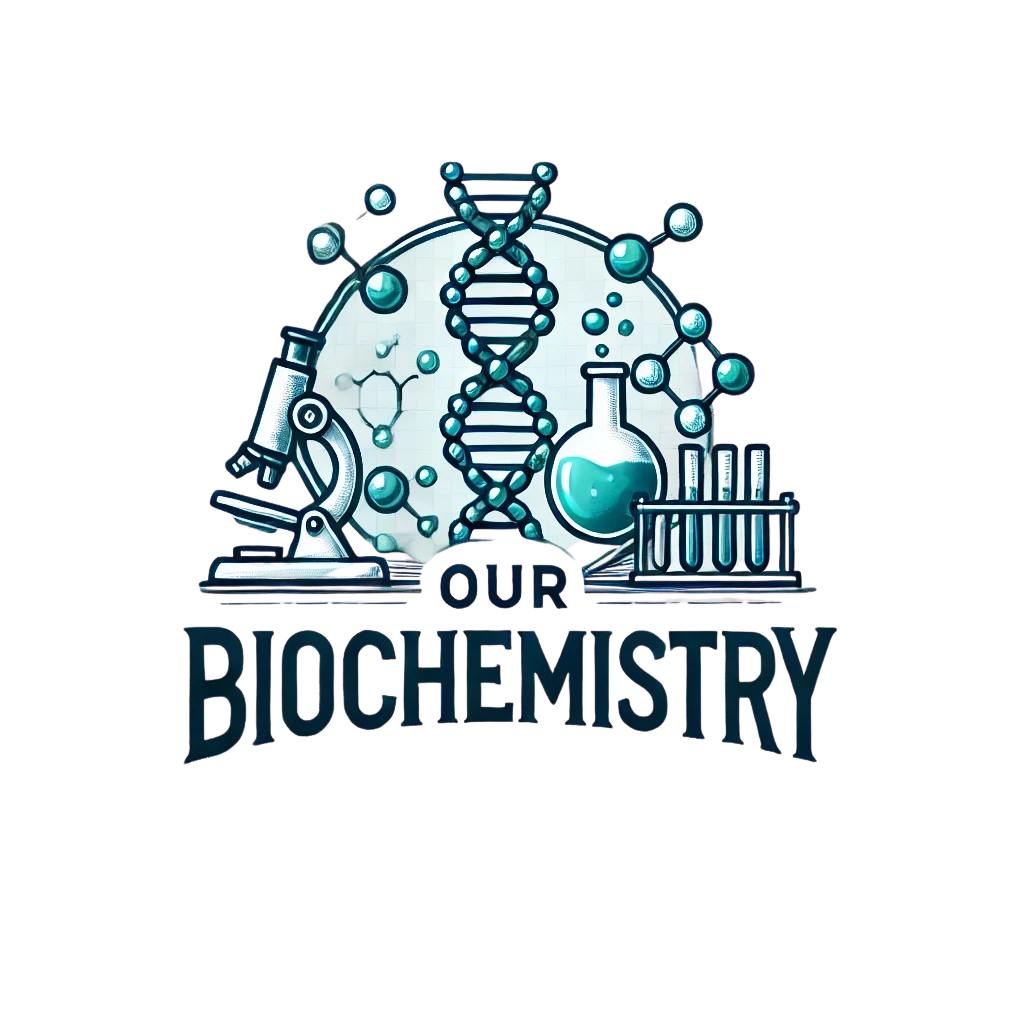Library
Question Of The Week-aggressive behavior, hyperactivity, and loss of language skills
- August 28, 2022
- Posted by: Namrata Chhabra
- Category: USMLE Style questions USMLE styled question bank
A 6-year-old boy is seen by a pediatrician because his parents are concerned about his aggressive behavior, hyperactivity, and loss of language skills. He has recently become increasingly unsteady on his feet and has experienced a recent seizure. In addition, slight facial feature coarsening is noted. In which of the following processes is this child most likely to have a disorder?
- Cholesterol metabolism
- Degradation of glycosaminoglycans
- Gluconeogenesis
- Mobilization of glycogen
- Salvage of purine bases
~ The correct option is B- Degradation of Glycosaminoglycans.
Glycosaminoglycans are degraded by lysosomal hydrolases. A deficiency of one of the hydrolases results in Mucopolysaccharidoses. These are hereditary disorders in which the glycosaminoglycans accumulate in tissues, causing symptoms such as skeletal and extracellular matrix deformities and mental retardation.
The patient is exhibiting the classic symptoms of Sanfilippo syndrome, which occurs due to a deficiency in one of four different lysosomal enzymes that breakdown glycosaminoglycans leading to the buildup of heparan sulfate and dermatan sulfate in lysosomes.
The accumulation of these glycosaminoglycans, heparan sulfate and dermatan sulfate in lysosomes leads to severe neurologic and mental impairment that results in death, usually by the end of the second decade of life.
Other options
Option A- The patients’ symptoms are not typical of a defect in cholesterol metabolism.
Option C- The defects in gluconeogenesis are not manifested as the clinical picture provided in the case history. The enzyme deficiencies of the pathway of gluconeogenesis are mainly manifested as hypoglycemia and ketosis.
Option D- There cannot be a defect in the mobilization of glycogen, which is commonly manifested as glycogen storage disease. The characteristic features of glycogen storage diseases are hypoglycemia, muscular disorders, and organomegaly, depending upon the site of the defect.
Option E- A defect in the salvage pathway of purine synthesis is manifested by Lesch Nyhan syndrome. Hyperactivity and aggressive behavior can be seen in Lesch Nyhan syndrome; however, the other symptoms are not typical of this syndrome.
Thus, the correct option is B-a defect in the degradation of glycosaminoglycans.
